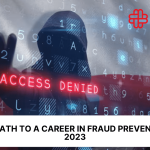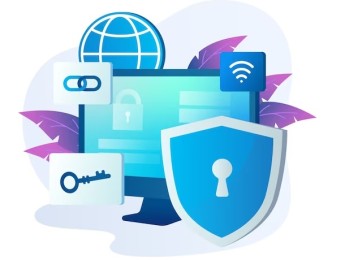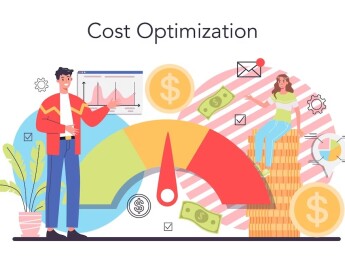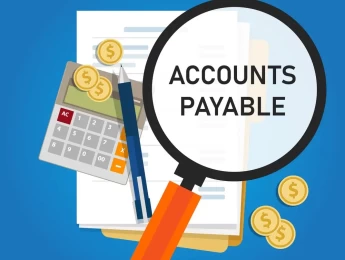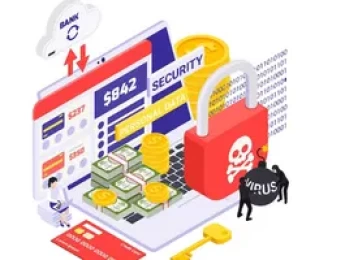Fraud prevention is crucial, especially for online or financial businesses like banking or insurance. Fraudsters are increasingly sophisticated, using technology to steal personal data and hack accounts.
Effective fraud prevention can detect fraud early, allowing you to implement protection tools to safeguard your business, reputation, and profits.
Stay updated with automated and intelligent technology for fraud detection. Conduct regular risk assessments and audit your data storage methods to ensure the security of your data and that of your clients.
Additionally, provide strict training for employees on security implications and ensure your policies comply with GDPR data maintenance and removal standards.
Upon completion of this course, participants will be able to:
- Understand the implications of data loss on your business.
- Create foolproof policies and procedures to maintain GDPR standards.
- Review data storage and create audit logs for changes.
- Develop robust and secure technology to prevent hacking.
- Train your employees on the importance of security and fraud prevention.
- Handle fraud detection correctly and prevent reoccurrence.
- Adopt data mining as a fraud prevention tool.
- Apply fraud prevention measures and processes.
- Carry out risk assessments regarding your systems.
- Create a contingency and change management system to collect evidence.
- Create a recovery plan if fraud does occur.
- Investigate fraud and bribery cases and understand the consequences of a positive result.
This course is designed for anyone responsible for the security of a business and its fraud prevention policies and systems. It would be most beneficial for:
- Business Owners
- Risk Assessors
- Auditors
- Change & Control Managers
- Operations Managers
- Financial Officers
- IT Personnel
- HR Professionals
- Project Managers
This course uses various adult learning methods to aid full understanding and comprehension. Participants will review videos and interactive presentations to assess good security and fraud prevention measures against less successful measures. They will conduct group exercises to help understand the risk areas in their own businesses and review systems and criteria to help place mitigation measures for the future.
Day 5 of each course is reserved for a Q&A session, which may occur off-site. For 10-day courses, this also applies to day 10
Section 1: Why Fraud Detection Matters
- What is fraud?
- How common is fraudulent activity in your field?
- The different versions of fraud.
- What do fraudsters want most?
- Fraud legislation.
- GDPR preparation.
- In-person fraud vs. online fraud.
Section 2: Tools & Techniques for Fraud Prevention
- The introduction of fraud mitigation techniques.
- Your best practice fraud prevention processes.
- Employee awareness and development.
- Anti-money laundering requirements.
- Your training guide.
- Anti-bribery and corruption training.
Section 3: The Consequences of Not Being Careful
- Why does fraud occur?
- What is your business doing already to prevent fraud?
- The consequences of letting fraud happen.
- Understanding the bigger picture in your field.
- Data loss and recovery.
- The social media implications of fraud.
- Safe data-sharing and accessibility requirements.
Section 4: Change Management & Safe Data Storage
- Risk assessing and management.
- Implementing control measures.
- Your change and control audit log.
- Evidence-based changes and contingency planning.
- Cloud-based storage systems.
- Rolling data removal.
- Your privacy policy and automated data anonymisation.
Section 5: Investigating Potential Fraud Cases
- Fraud suspects and how to approach them.
- Interviewing techniques to gain understanding.
- Your zero-tolerance policy.
- The consequences of fraud.
- Developing anti-fraud policies.
- Computer Assisted Audit Techniques (CAATs).
Section 6: Automation, Auditing & Review
- Data mining results and methods.
- Keeping track of your changes.
- Rebuilding your brand after fraudulent damage.
- Assessing your risk areas for continuous improvement.
- System usage and changes.
- Develop the ‘norm’ and automate irregularity flagging.
Upon successful completion of this training course, delegates will be awarded a Holistique Training Certificate of Completion. For those who attend and complete the online training course, a Holistique Training e-Certificate will be provided.
Holistique Training Certificates are accredited by the British Assessment Council (BAC) and The CPD Certification Service (CPD), and are certified under ISO 9001, ISO 21001, and ISO 29993 standards.
CPD credits for this course are granted by our Certificates and will be reflected on the Holistique Training Certificate of Completion. In accordance with the standards of The CPD Certification Service, one CPD credit is awarded per hour of course attendance. A maximum of 50 CPD credits can be claimed for any single course we currently offer.
- Course Code PI1-116
- Course Format Classroom,
- Duration 5 days


